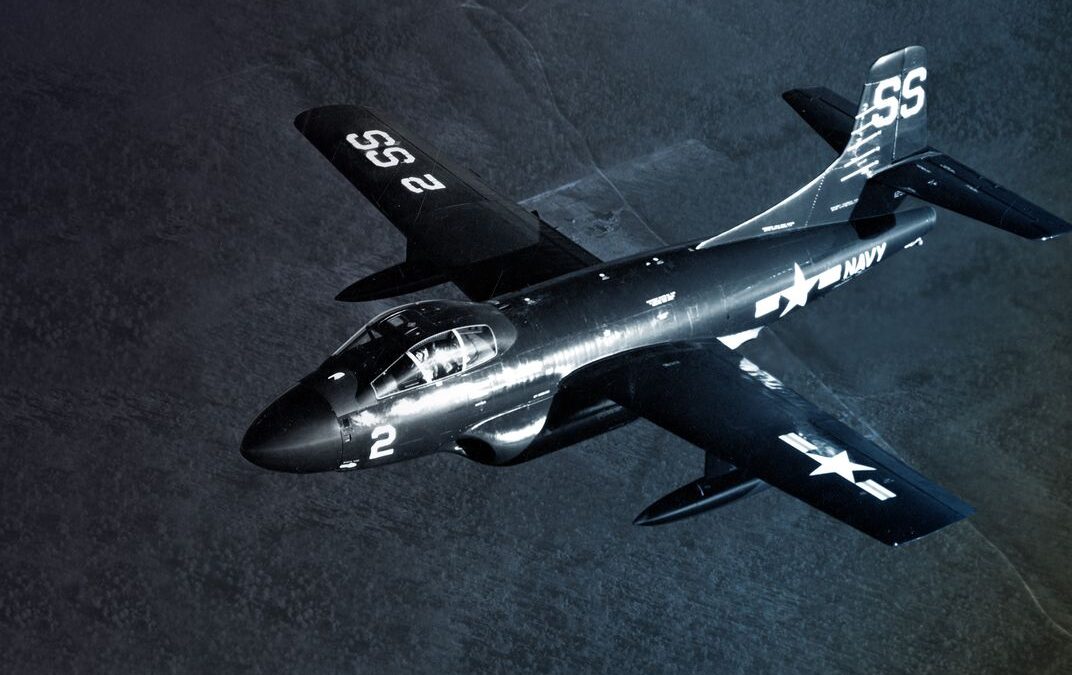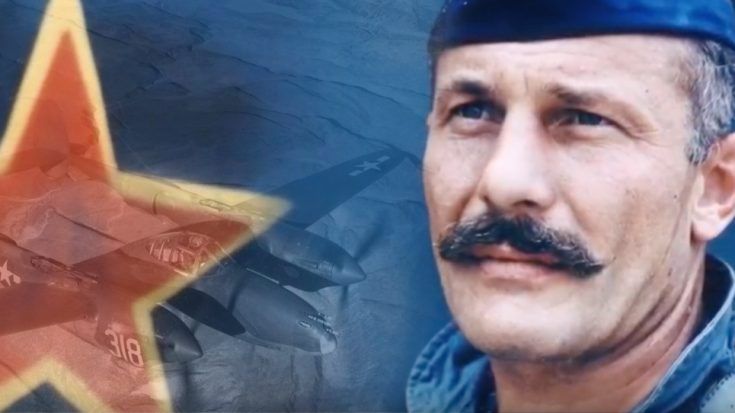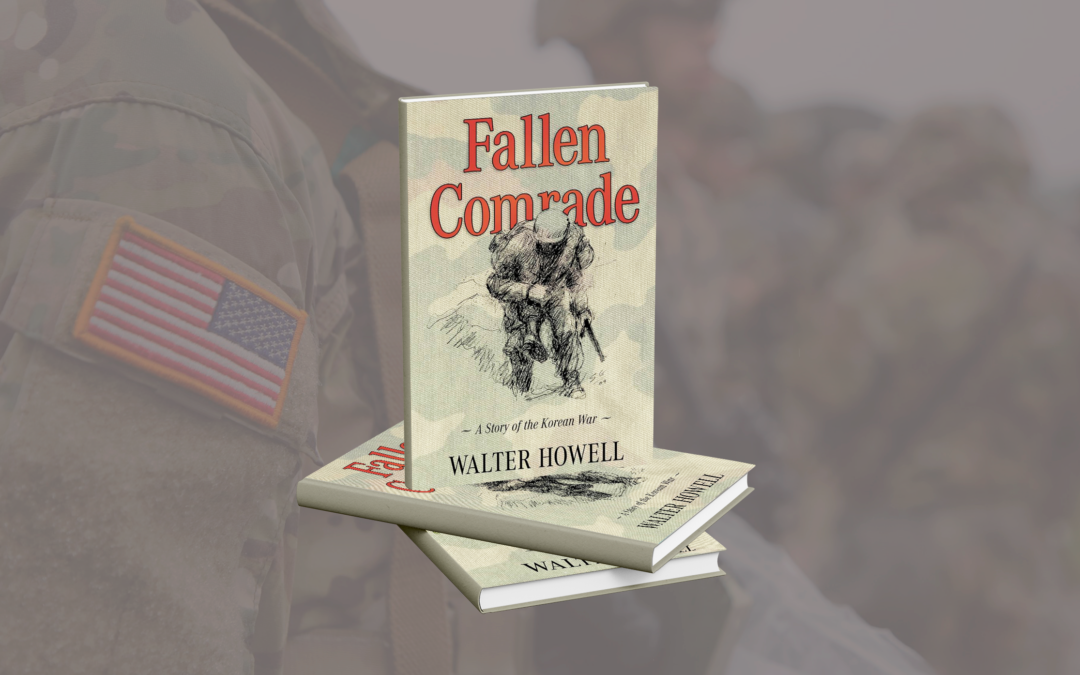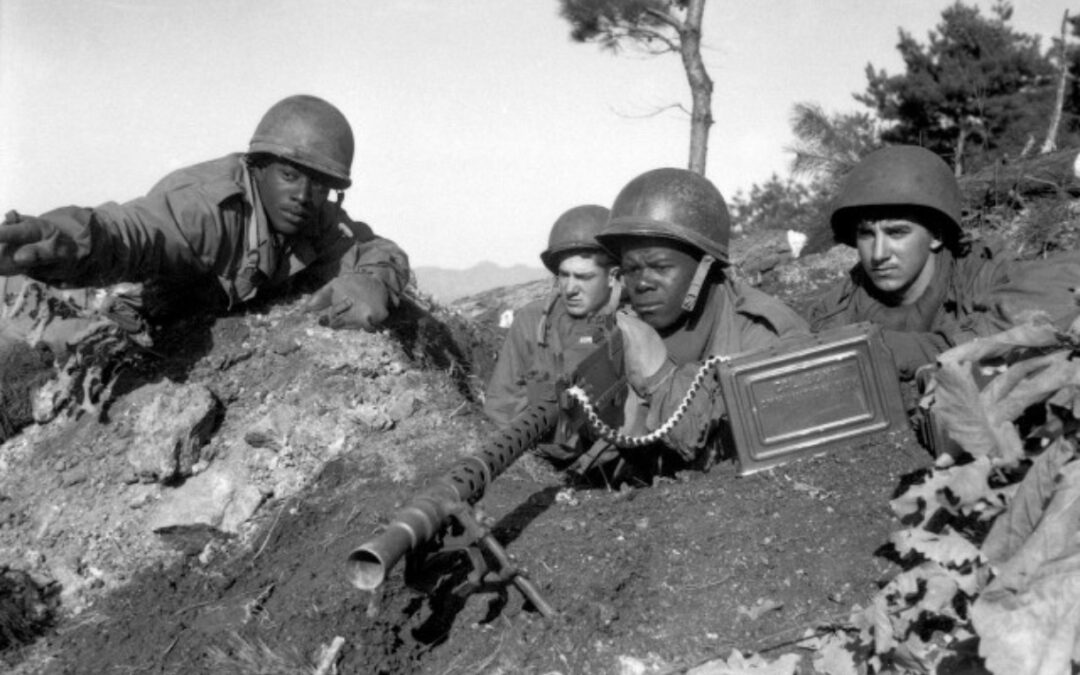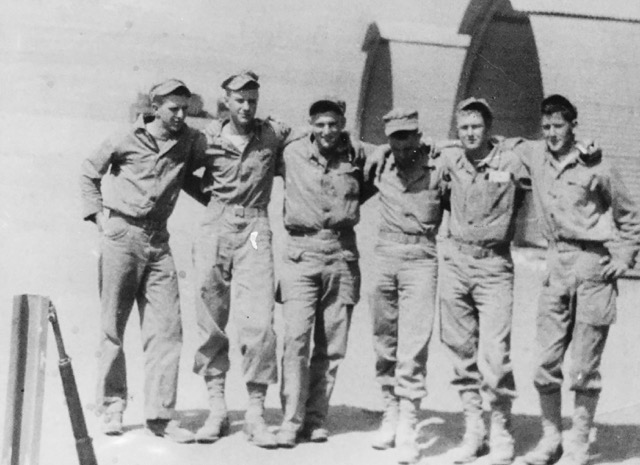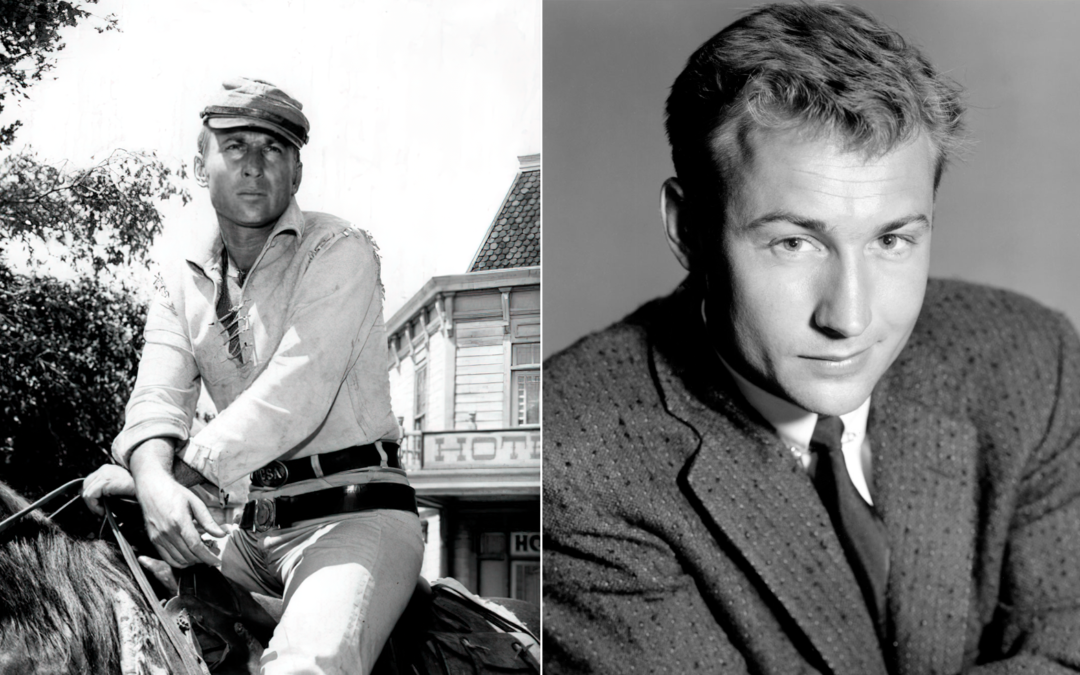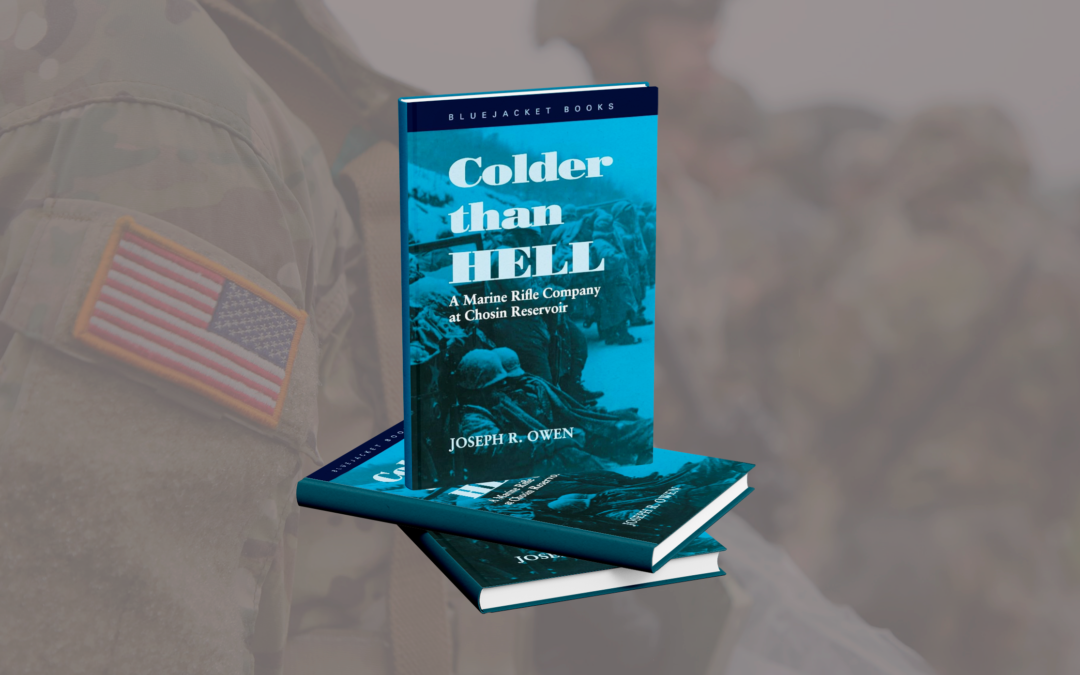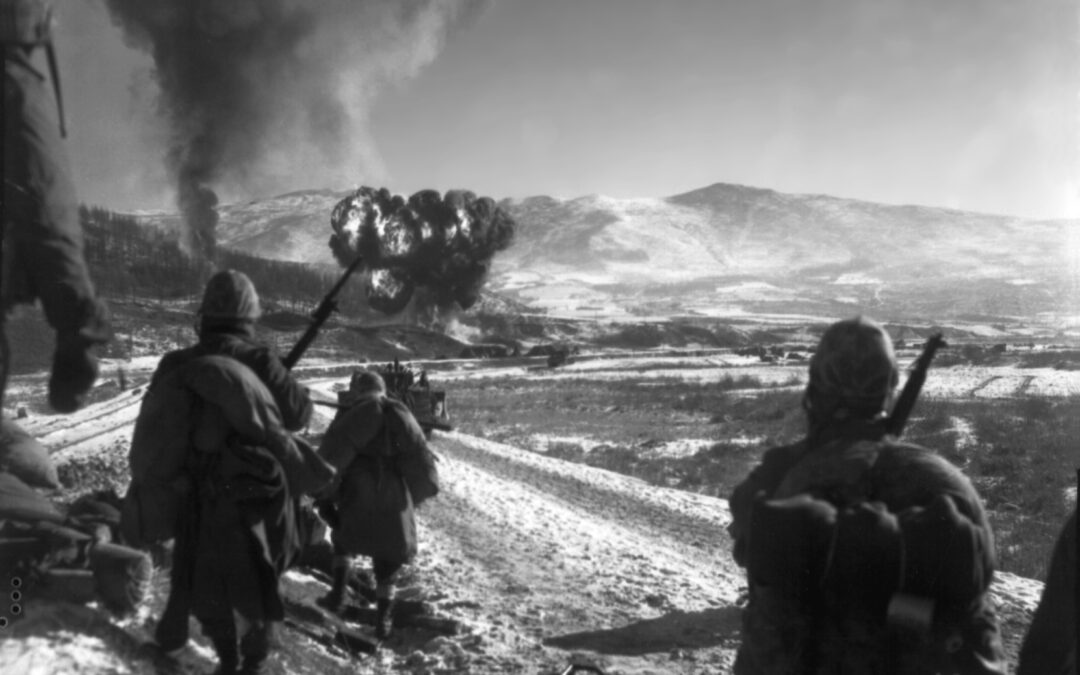On January 21, 1953, during Korea’s Winter War. Night fighter team "George" of composite squadron three (VC-3) was operating from USS Oriskany (CVA-34) in the Sea of Japan. The Night Fighter Team Filed a Misleading Report Excerpt from combat report: Saw 75-100 trucks on G-3, seven trucks seen damaged. Meager to intense AA, much rifle fire was seen. The plane hit by 30 cal. Item - Lt. James L. Brown, USNR assigned F4U-5N #124713. One-night landing aboard without incident. 2.6 combat hours. Combat strike report comments, like that above, were distilled from the intelligence officers debriefing of pilots from returning strikes and later filed with higher command. They, in turn, used these reports from the pilots who flew the combat missions, and reported what happened, to plan later strikes, select subsequent targets, and subject to political considerations, the overall conduct of the war. Seldom did they tell what happened. It was just as well. Here is what really happened that night....
